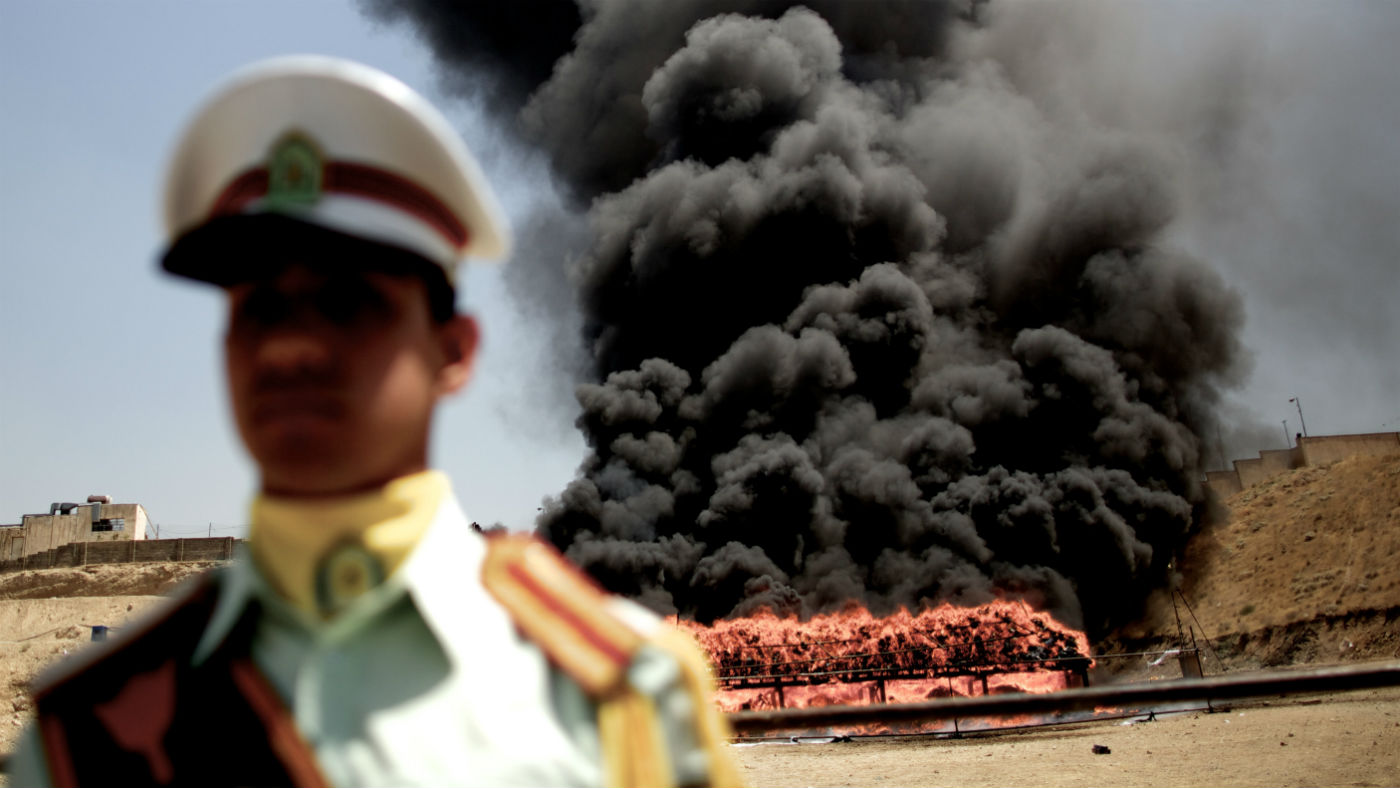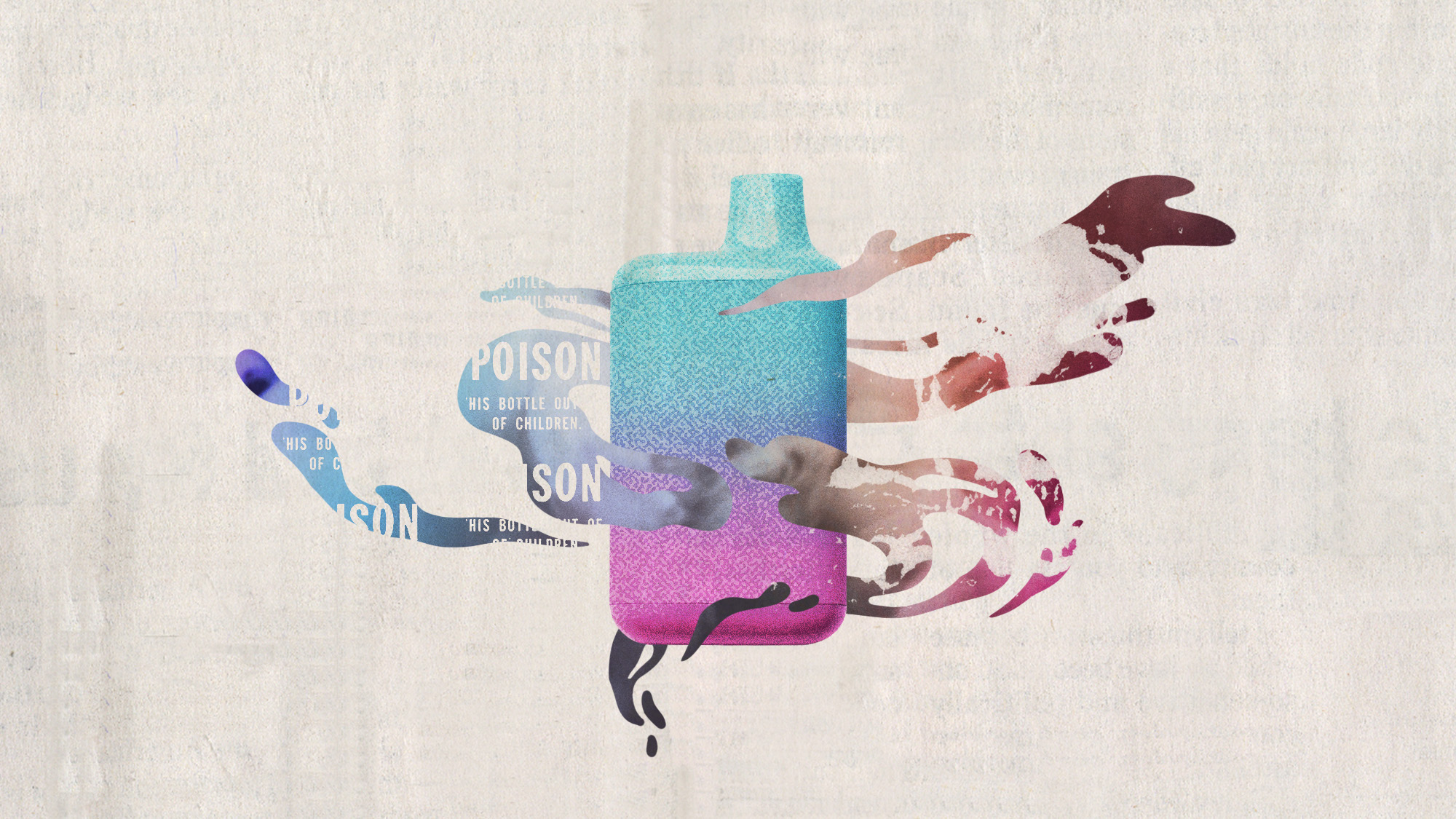Iran’s drug law reform to save thousands from death row
Judicial ruling could spare 5,000 people from execution

A free daily email with the biggest news stories of the day – and the best features from TheWeek.com
You are now subscribed
Your newsletter sign-up was successful
More than 5,000 people on death row in Iran could be offered a reprieve following a softening of the country’s drug laws, which are among the harshest in the world.
The head of Iran’s judiciary has announced that capital punishment has been abolished for some drug-related offences, and that all cases on death row are now eligible for review.
The change will apply retrospectively, “meaning some 5,000 prisoners could escape execution,” says the BBC.
The Week
Escape your echo chamber. Get the facts behind the news, plus analysis from multiple perspectives.

Sign up for The Week's Free Newsletters
From our morning news briefing to a weekly Good News Newsletter, get the best of The Week delivered directly to your inbox.
From our morning news briefing to a weekly Good News Newsletter, get the best of The Week delivered directly to your inbox.
It follows a vote by Iran’s parliament last August to raise the threshold on the quantity of drugs that will be considered a capital offence. Of the hundreds of people executed by the state each year, the vast majority have been found guilty of drug offences.
“A young population and an abundance of cheap, addictive substances, many coming over the border from Afghanistan, pose a twin challenge to Iranian authorities,” says The Guardian, which claims almost three million Iranians are addicted to hard drugs, out of a population of 80 million.
Speaking to the BBC, Mahmood Amiry-Moghaddam of Iran Human Rights, an independent charity based in Norway, said: “If implemented properly, this change in law will represent one of the most significant steps towards reduction in the use of the death penalty worldwide.”
But he also expressed concern that those on death row might not be able to take advantage.
A free daily email with the biggest news stories of the day – and the best features from TheWeek.com
“Since most of those sentenced to death for drug offences belong to the most marginalised parts of Iranian society, it is not given that they have the knowledge and resources to apply for commuting their sentence,” Amiry-Moghaddam said.
His organisation estimates that Iran has executed around 10,000 people for drug crimes over the past three decades.
-
 Local elections 2026: where are they and who is expected to win?
Local elections 2026: where are they and who is expected to win?The Explainer Labour is braced for heavy losses and U-turn on postponing some council elections hasn’t helped the party’s prospects
-
 6 of the world’s most accessible destinations
6 of the world’s most accessible destinationsThe Week Recommends Experience all of Berlin, Singapore and Sydney
-
 How the FCC’s ‘equal time’ rule works
How the FCC’s ‘equal time’ rule worksIn the Spotlight The law is at the heart of the Colbert-CBS conflict
-
 Will increasing tensions with Iran boil over into war?
Will increasing tensions with Iran boil over into war?Today’s Big Question President Donald Trump has recently been threatening the country
-
 Epstein files topple law CEO, roil UK government
Epstein files topple law CEO, roil UK governmentSpeed Read Peter Mandelson, Britain’s former ambassador to the US, is caught up in the scandal
-
 Mexico’s vape ban has led to a cartel-controlled black market
Mexico’s vape ban has led to a cartel-controlled black marketUnder the Radar Cartels have expanded their power over the sale of illicit tobacco
-
 Iran and US prepare to meet after skirmishes
Iran and US prepare to meet after skirmishesSpeed Read The incident comes amid heightened tensions in the Middle East
-
 Which way will Trump go on Iran?
Which way will Trump go on Iran?Today’s Big Question Diplomatic talks set to be held in Turkey on Friday, but failure to reach an agreement could have ‘terrible’ global ramifications
-
 Israel retrieves final hostage’s body from Gaza
Israel retrieves final hostage’s body from GazaSpeed Read The 24-year-old police officer was killed during the initial Hamas attack
-
 China’s Xi targets top general in growing purge
China’s Xi targets top general in growing purgeSpeed Read Zhang Youxia is being investigated over ‘grave violations’ of the law
-
 Panama and Canada are negotiating over a crucial copper mine
Panama and Canada are negotiating over a crucial copper mineIn the Spotlight Panama is set to make a final decision on the mine this summer